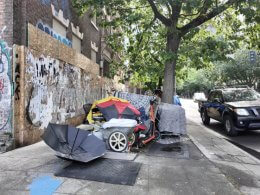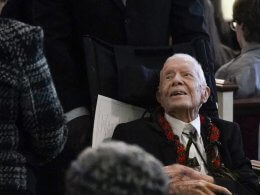Parents Coalition for Academic Excellence is suing the school district over a new policy that limits the number of seats open for certain students from specific ZIP codes. The parents say this policy is racially motivated, and the school district says the policy is set to increase diversity at public schools requiring admissions exams.
According to the Boston Globe, the ZIP code policy is no longer in place, but a diversity-oriented policy has taken its place that groups students into socio-economic categories.
The ZIP code policy was challenged in federal court last year and was upheld, but according to Boston.com, the parents’ challenges are “part of a larger movement intent on having the First Circuit Court of Appeals reverse a ruling by a lower court.”
The effect of the policy has been that fewer white and Asian students have been accepted into the schools, while more black and Latino students have been accepted, the Globe reported.
To that point, the plaintiff brief argues, “Because these students were deprived of seats at the Exam Schools because of their race, the judgment … should be reversed.”
This lawsuit comes as race-based admissions schemes have been challenged all over the country.
Virginia’s Fairfax County Public Schools has seen its race-based admissions policy challenged in court, and it has been ruled to be too outwardly focused on race.
Indeed, as Breitbart News reported, a federal judge in Virginia ruled that the Fairfax policy was “infected with talk of racial balancing.”
“The undisputed evidence demonstrates precisely how the Board’s actions caused, and will continue to cause, a substantial racial impact,” U.S. District Court Judge Claude Hilton wrote in his decision. “The Board instituted a system that does not treat all applicants to TJ [Thomas Jefferson High School] equally.”
Despite the District Court ruling, the Fourth Circuit Court of Appeals voted to allow the district to temporarily keep its discriminatory policy.
While the U.S. Supreme Court declined to hear the Virginia case, it will be hearing two cases regarding race-based college admissions schemes.










